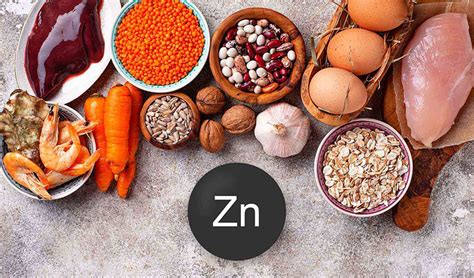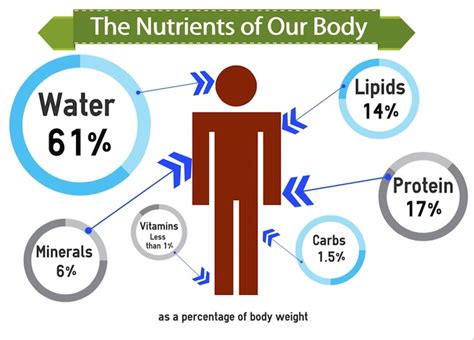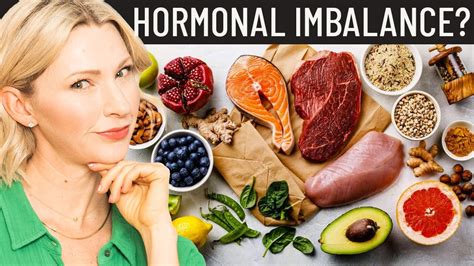Best diet changes to naturally optimize male testosterone & energy?

The Crucial Link Between Diet, Testosterone, and Energy
For men, maintaining optimal testosterone levels is vital not only for sexual health and muscle mass but also for mood, cognitive function, and sustained energy. While various factors influence hormone balance, diet stands as a cornerstone. The foods we consume directly impact the raw materials available for hormone synthesis, inflammatory responses, and overall metabolic efficiency, all of which profoundly affect both testosterone production and our daily energy reserves.
Adopting specific dietary changes can serve as a powerful, natural intervention to support hormonal health and vitality. This isn’t about restrictive diets but rather about making informed choices that nourish your body at a cellular level, empowering it to produce hormones efficiently and sustain high energy throughout the day.

Essential Nutrients for Testosterone Synthesis
Several micronutrients and macronutrients play direct roles in the complex pathways of testosterone production. Ensuring adequate intake of these can be a game-changer:
- Zinc: A critical mineral involved in numerous enzymatic reactions, including those related to testosterone synthesis. Zinc deficiency is strongly linked to lower testosterone levels.
- Vitamin D: Often referred to as a pro-hormone, Vitamin D is crucial for various bodily functions, including male hormone production. Studies show a correlation between sufficient Vitamin D levels and higher testosterone.
- Magnesium: This mineral helps reduce oxidative stress and inflammation, both of which can negatively impact testosterone. It also plays a role in energy production.
- Healthy Fats: Cholesterol is a precursor to testosterone, and healthy fats (monounsaturated and polyunsaturated) are essential for its production. Saturated fats, in moderation, also play a role.
- Protein: Adequate protein intake provides the amino acid building blocks for all hormones and aids in muscle maintenance, which positively influences testosterone.

Foods to Embrace for Optimal Testosterone & Energy
Incorporating these nutrient-dense foods into your daily diet can significantly support your body’s natural processes:
- Fatty Fish (Salmon, Mackerel, Sardines): Excellent sources of Omega-3 fatty acids and Vitamin D, both crucial for hormone health and reducing inflammation.
- Oysters and Shellfish: Among the richest sources of zinc, making them a top choice for testosterone support.
- Leafy Green Vegetables (Spinach, Kale, Swiss Chard): Packed with magnesium and other essential vitamins and minerals that aid overall health and energy.
- Cruciferous Vegetables (Broccoli, Cauliflower, Cabbage): Contain compounds like indole-3-carbinol, which help metabolize estrogen, thereby potentially optimizing the testosterone-estrogen balance.
- Avocado and Olive Oil: Rich in monounsaturated fats, which are beneficial for heart health and provide the necessary building blocks for hormone production.
- Eggs: The yolk is a treasure trove of nutrients, including Vitamin D, cholesterol (the precursor to testosterone), and healthy fats.
- Nuts and Seeds (Pumpkin Seeds, Almonds, Walnuts): Offer healthy fats, zinc, magnesium, and other micronutrients beneficial for hormonal balance and sustained energy.
- Berries and Citrus Fruits: High in antioxidants and Vitamin C, which help combat oxidative stress and support overall cellular health.

Dietary Habits to Limit or Avoid
Just as important as what you eat is what you limit. Certain foods and habits can actively hinder testosterone production and sap your energy:
- Excessive Sugar and Refined Carbohydrates: These lead to insulin spikes, which can reduce testosterone and contribute to fat gain, further disrupting hormone balance. They also cause energy crashes.
- Processed Foods: Often high in unhealthy fats, sugar, and sodium, and low in essential nutrients, they offer little benefit to hormonal health or energy.
- Excessive Alcohol: Chronic or heavy alcohol consumption can directly interfere with testosterone production and metabolism in the liver.
- Trans Fats and Unhealthy Seed Oils: Found in many fried and processed foods, these can promote inflammation and negatively impact overall health, including hormone function.

Beyond Food: Lifestyle Synergies for Optimal Results
While diet is paramount, remember that it works in synergy with other lifestyle factors. Prioritizing adequate sleep (7-9 hours), engaging in regular strength training and physical activity, and effectively managing stress are all crucial components that amplify the benefits of a testosterone-optimizing diet. These elements collectively contribute to a holistic approach to naturally boosting testosterone and energy levels.

Conclusion
Optimizing male testosterone and energy through diet is an achievable and highly rewarding endeavor. By focusing on whole, unprocessed foods rich in zinc, Vitamin D, magnesium, and healthy fats, while limiting sugars, refined carbs, and processed items, you can provide your body with the fundamental building blocks and support it needs. These dietary changes, when coupled with a healthy lifestyle, pave the way for sustained energy, improved mood, enhanced vitality, and a naturally optimized hormonal profile.









